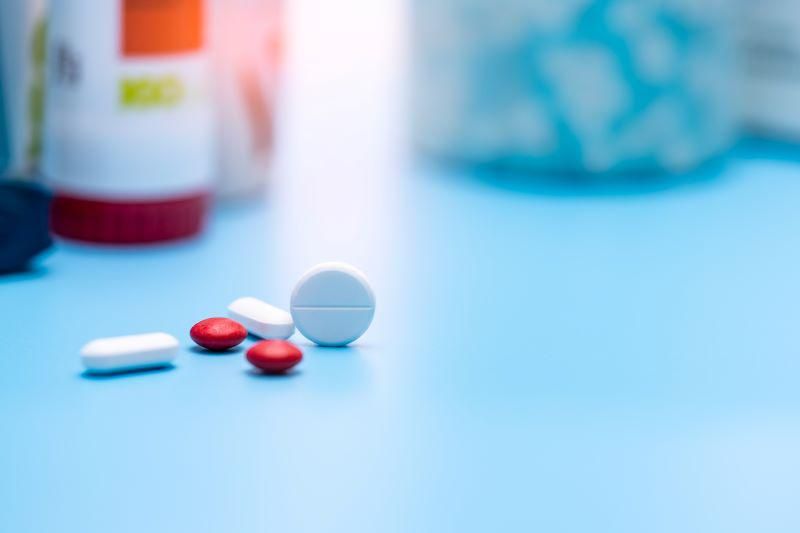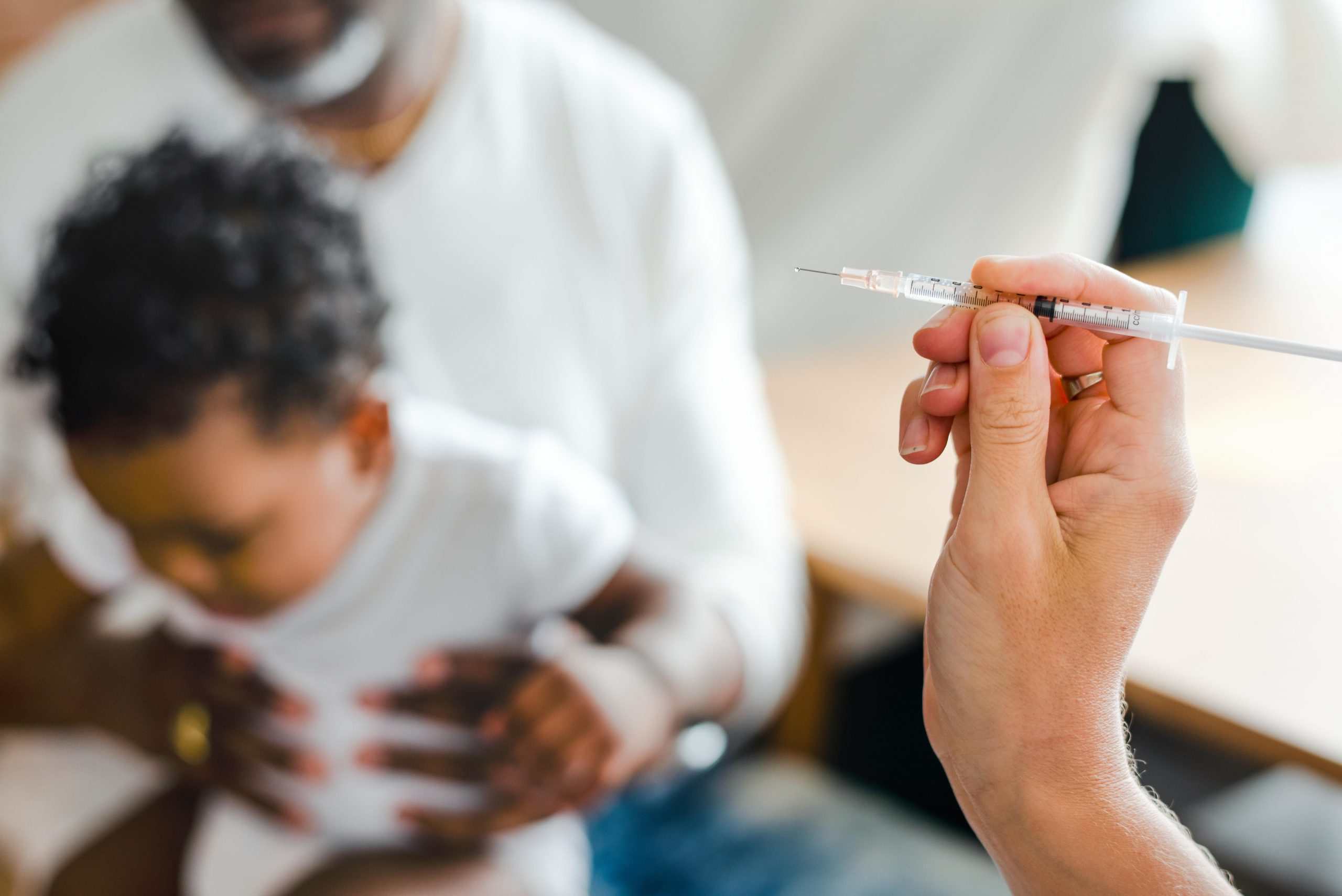
The U.S. Food and Drug Administration is poised to pull Juul Lab’s e-cigarettes off the American market. The decision, which follows a two-year review of reams of data presented by the vaping company, could come as early as Wednesday, sources told the Wall Street Journal. The FDA has already banned the sale of fruit-flavored e-cigarettes… read on > read on >






























